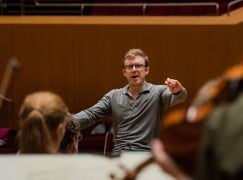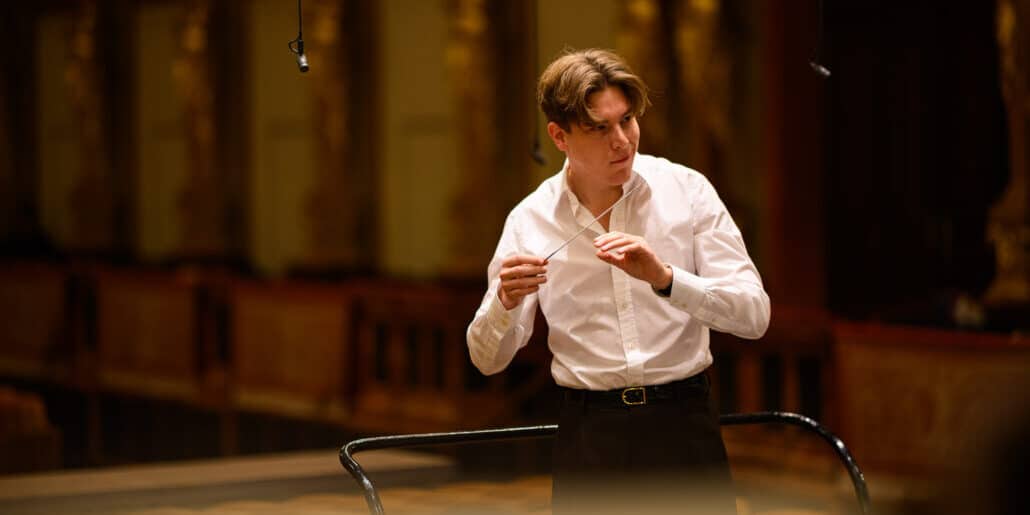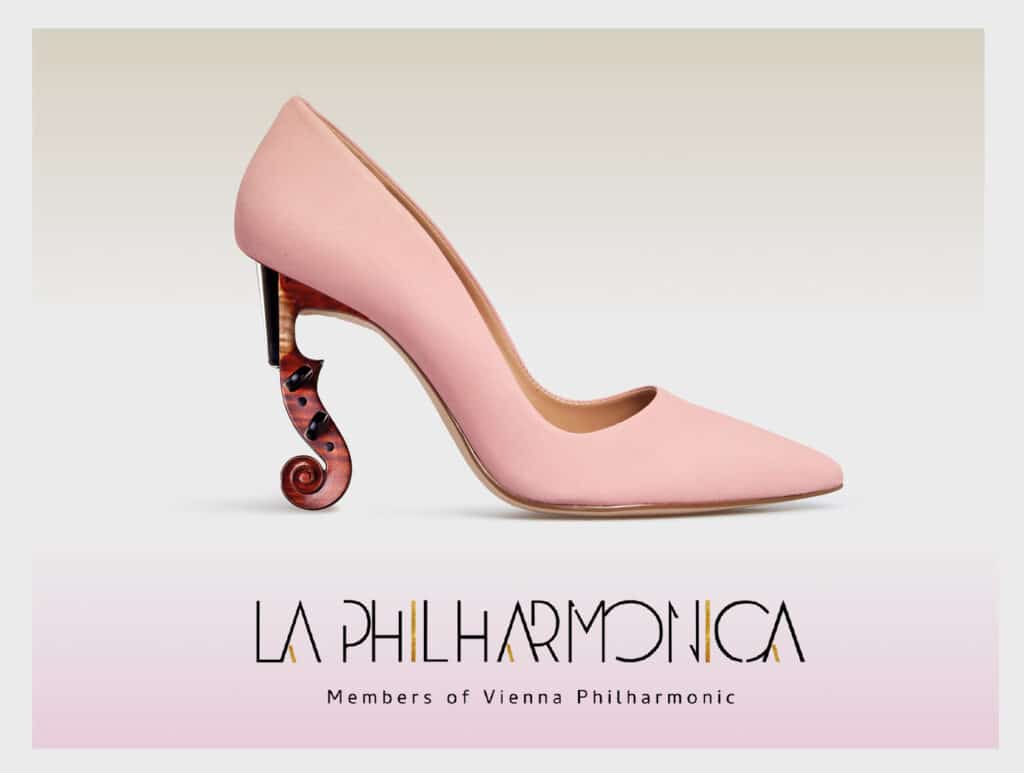Paris faces deep orchestra cuts
mainA new Government policy document proposes a meter between the Orchestre de Paris and the hall it plays in, the Philharmonie de Paris, saving dozens of jobs.
Also on the cars is a ‘reconfiguration’ of the national radio orchestras (and we all know what that means).
Read here.






“…a meter between….”
a merger between
Good lord, it’s easier to read the French than to figure out the autocorrect error of the English!
also in the cars… for cards?
The document from the ministery as inspected, includes also
Enfin, « mieux adapter l’offre de spectacles aux attentes du public et des collectivités » figure parmi les propositions d’évolutions.
This is: better adapting the performance offerings to audience expectations and communities. So, cultural offerings as commodities on a market, a purely commercial field where the balance between production and demand defines what happens. Obviously, this undermines any justification of subsidies by government bodies for culture, which has, in Europe, a long history of patronage because it has always been considered as something that should be protected against something like a ‘free market’, having a value that transcends market prices.
Is culture the same as commerce? Of course there are financial exchanges involved in any cultural process, people are working, have to live, to pay their bills, even artists have to live one way or another – they can’t live of pure idealism.
But culture is, in terms of content and meaning, not a commodity at all. Even when surrounded by worldly concerns, culture – true culture, not [redacted] and [redacted] and especially, [redacted] – is symbolic, part of the values of a civilization, a mental field of experimentation and exploration, and of creation and definition of value and meaning which go beyond the purely physical pressures of life. This means that cultural products can never be dominated by the question of demand, but are there to be shared with the public as something that conveys knowledge, meaning, understanding, questioning, exploration, for its own sake and as such related to the human condition. This means that the public has (where necessary) to be educated to be able to experience cultural products, and that is the opposite of treating it as a commodity. Where a civilization treats its most important symbols of identity and values as commodities in a market place, it destroys the heart of their meaning.
It will be clear that today, the cultural products which convey meaning, identity, exploration of the human condition etc. etc. are mainly to be found in the culture of the past. The majority of contemporary cultural production as presented in public space by the cultural establishments, are indeed nothing more than commodities the meaning of which can only be found in the price people want to pay for it – searching for meaning is no longer fashionable. So, the initiative of governments to treat culture as commodity is related to contemporary production since that attitude itself is a product of contemproary fashion. It is thus nothing less than a scandal that also OLD cultural products are treated as if they were nothing more than the majority of contemporary production as considered ‘relevant’ in public space.
It is not only in France that this happens…. in Germany, the country which considered itself a Kulturnation, such ideas are already circulating longer:
http://subterraneanreview.blogspot.nl/2017/05/high-culture-as-commodity.html
There are people in positions of power who want to sell-out the achievements of past generations, which have become part of cultural identity of countries, to the demands of the public. Which means, if at some stage many people prefer to have opera houses and orchestras fold and be replaced by rap gangs, governments will duly fulfil the wishes of the ignorant and primitive masses. This attitude in combination with the upsurge of populism offers a perspective in which Europe wilfully destroys itself and the best which it had tried to create.
The news of a rapper in Germany who got the Goethe Plaque is, in this perspective, a troubling signal.
https://slippedisc.com/2017/11/german-cool-rapper-receives-the-goethe-prize/
Politicians are, through education and through the filter of interests, a product of their own time, a time without cultural awareness.
John Borscht- Slap , the ever wise, always on ( too much time on his hands ? ) and all – knowledgeable kibitzer of this blog 🙂
John , could you put a sock in it once in a while, or maybe compose something , for a change …?
That’s what I say all the time, but such people are stubborn you know. But I can say that mostly he types with his left hand while at the same time writing music with his right one so that no time is lost. In fact, this long blurb he dictated and I had to type it out, while he was scoring something and I had really wanted to do other things. Also staff was cleaning the windows, it can be quite busy here. But I would say: be happy with all this free information.
Sally
How many orchestras does Paris have? I’m not sure my info is up to date or complete. L’Orchestre de Paris, L’Orchestre National de Radio-France, Orchestre Philharmonique de Radio France, L’Orchestre de l’Opéra de Paris, and Ensemble Intercontemporain. The opera orchestra has 170 members since the services must be rotated to meet demand. The French government spends 1% of the country’s GDP on the arts. I hope the EU will be able to resist the American promotion of neoliberalism (an anti-humanistic philosophy of unmitigated capitalism stressing small government and market fundamentalism.)
There’s also the Orchestre Colonne and the Orchestre Lamoureux, but I’m not sure what their status is.
They have sunk from superb and explorative orchestras at the beginning of the last century to commercial mediocrities in the margin of music life.
Colonne, Lamoureux and Pasdeloup are the so-called “orchestres associatifs”. They have a small season and are mostly made up of “intermittents”, non-permanent musicians, although I presume each has its core members. Although quite incomparable to the days when they were the principle orchestras in Paris, they still have a devoted public.
William Osborne, there is also the Orchestre National d’Ile-de-France, based in and dedicated to the Parisian suburbs but also playing the capital, and the Orchestre de Chambre de Paris (formerly known as Ensemble Orchestral).